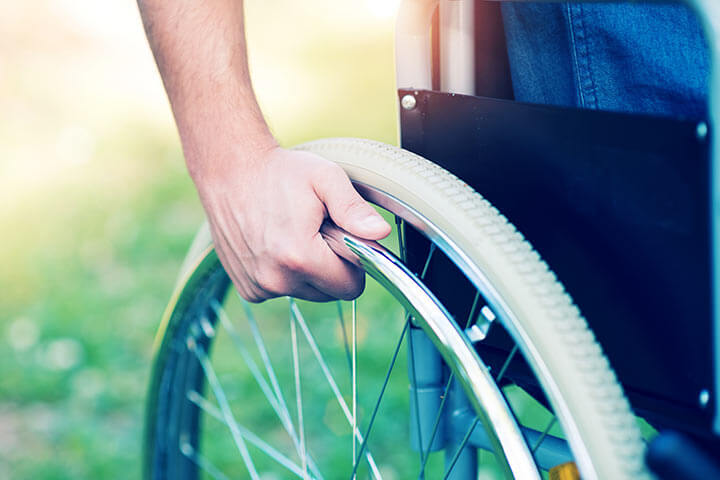 The ability to care for an individual in their own home is incredibly important to their well-being, comfort, and sense of security. Few people prefer a hospital, and when possible, in-home care should generally be the first choice for an individual with special needs for long-term care.
The ability to care for an individual in their own home is incredibly important to their well-being, comfort, and sense of security. Few people prefer a hospital, and when possible, in-home care should generally be the first choice for an individual with special needs for long-term care.
When a person has special needs and they are able to remain in their home, it is often the best possible place for them to receive care. Not only can in-home care provide a level of quality companionship, but a professional caregiver can make sure an individual lives an active and engaging a life.
General Assessment
The first step an in-home care aide takes is to assess an individual’s home and their condition to determine the level of care they may need. The caregiver will do a walkthrough of the house to uncover any safety issues, and they may need some of the following information:
- Height, weight, and date of birth
- Contact information
- Medical diagnosis
- The individual’s schedule
After the initial consultation, an in-home care aide will be able to better understand the level of care required, activities in which to engage an individual, and how to make the home a safe place.
In-Home Care Professionals
Non-medical care for an individual with special needs can be provided by a few different roles in the healthcare spectrum. In-home care does not imply a doctor or nurse be present, as it focuses more on companionship than medical assistance. The following are a few particular titles:
- Professional Caregiver
- In-Home Care Aide
- Personal Care Assistant (PCA)
- Home Health Aide (HHA)
- Certified Nursing Assistant (CNA)
All of these titles essentially fill the same role, but the industry identifies the title depending on the state and facility. None of these caregivers can administer medical services, but rather attend to activities of daily living (ADLs) and instrumental activities of daily living (IADLs).
Services for Special Needs
It is the intent of the caregiver to allow an individual to be as independent as possible during their daily routine. It is most likely that if an individual needs assistance with their ADLs, they will need help with their IADLs as well. The following are some home services that a professional caregiver can provide for a person with special needs:
Activities of Daily Living
- Hygiene: Dignity comes with cleanliness, and a professional caregiver can assist an individual with ADLs like bathing, brushing their teeth, combing their hair, and shaving.
- Dressing: An in-home aide will allow an individual to dress to the best of their abilities. They may be able to choose their own clothing, but perhaps need help to tie a shoe or button a shirt.
- Eating: A person with special needs may not have the ability to feed themselves, or they may need some level of assistance. An in-home aide can ensure that an individual is fed properly with a nutritious diet.
- Toileting: If a person with special needs requires assistance with their bathroom activities, or there is a level of incontinence, an in-home care aide can help meet these needs.
- Mobility: Perhaps one of the most important jobs for a professional caretaker, is to help an individual with special needs be mobile and get the proper amount of exercise. They can assist with ambulation and make sure that a person is safe within their home space.
Instrumental Activities of Daily Living
- Meal Prep: A person with special needs may only call for assistance when it comes time to plan and cook their meals, but they have no issue consuming them. An in-home care aide can help plan and shop for the necessary food items to meet dietary needs.
- Housekeeping: Daily chores like cleaning, laundry, and doing dishes, is a service in-home care can provide. Depending on their level of need, an aide may need to only assist in this area, or it may be beneficial to the family for them to complete these tasks overall.
- Transportation: One of the most helpful IADLs for family members is when an aide is able to transport an individual to their various activities each day. Running errands is a vital part of creating a sense of normalcy, and it also fosters companionship.The main goal of the professional caregiver is to offer a level of nurturing companionship and security that family members may not be able to give on a daily basis. It is a focused level of care that provides comfort, confidence, and independence that truly adds to the overall quality of a person’s life.